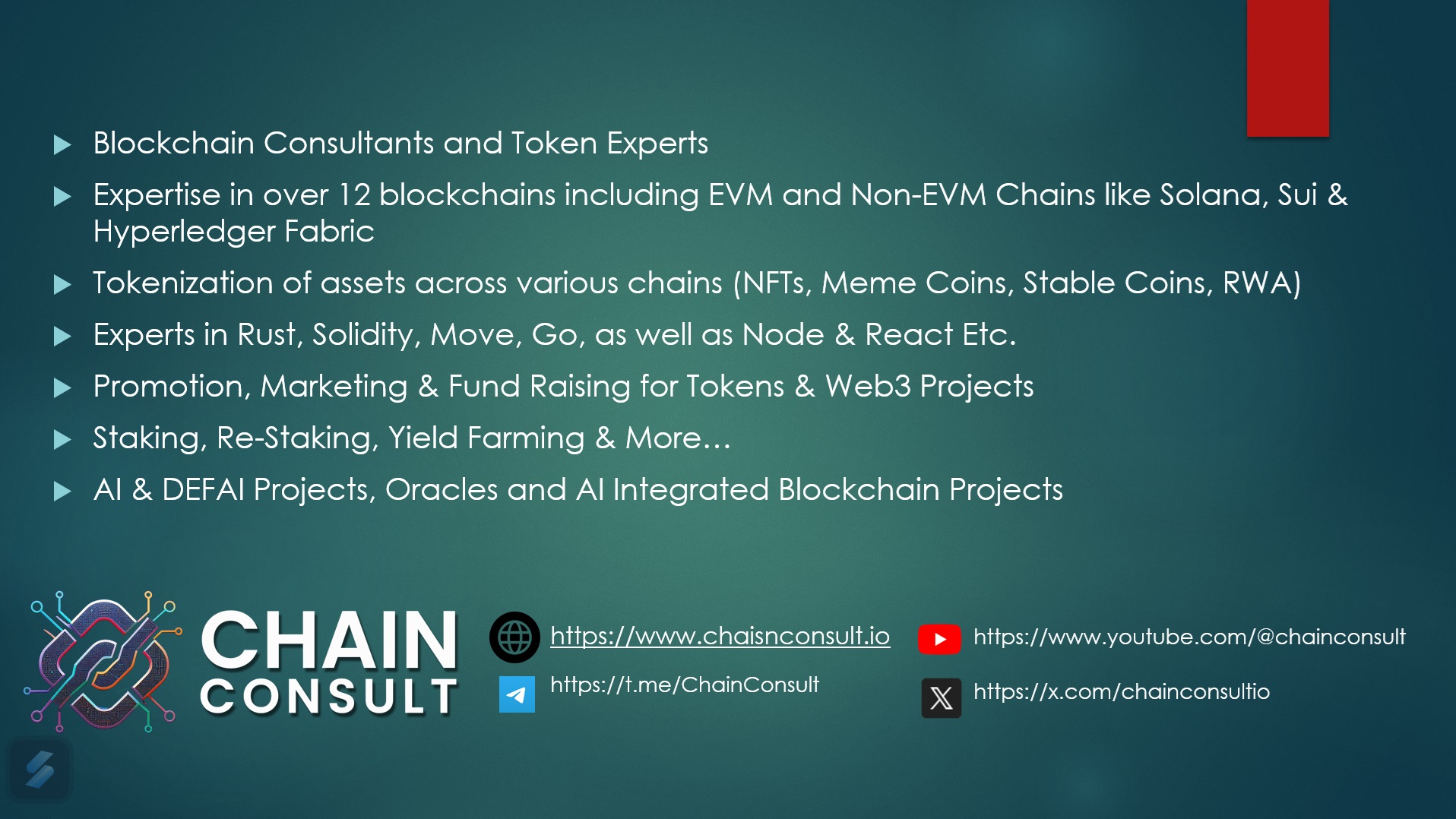
Blockchain development has evolved rapidly, and as we enter 2025, the ecosystem is more robust than ever. With an increasing number of developers and businesses embracing decentralized applications (dApps), smart contracts, and blockchain-based solutions, having the right tools is crucial. Whether you are an experienced developer or just starting with blockchain, this guide will introduce the best blockchain development tools for 2025. These tools help streamline development, improve security, and enhance efficiency, covering everything from smart contract programming to blockchain testing and deployment.
1. Smart Contract Development Tools
1.1 Solidity
- Description: Solidity remains the most widely used programming language for writing Ethereum smart contracts.
- Features:
- Statically typed
- Inspired by JavaScript, Python, and C++
- Supports inheritance, libraries, and complex user-defined types
- Why Use It?: Solidity is essential for developing Ethereum-based dApps and continues to evolve with new features and security enhancements.
1.2 Vyper
- Description: A Pythonic alternative to Solidity, designed to improve security and readability.
- Features:
- Strong typing
- Simpler syntax
- Reduces attack vectors
- Why Use It?: Ideal for developers who prioritize security and prefer a Python-like syntax.
1.3 Fe
- Description: A newer smart contract language inspired by Rust, aiming for safety and efficiency.
- Why Use It?: Emerging as an alternative to Solidity with enhanced security features.
2. Blockchain Development Frameworks
2.1 Hardhat
- Description: A development environment for Ethereum that simplifies testing, debugging, and deploying smart contracts.
- Features:
- Built-in local Ethereum network for testing
- Comprehensive debugging tools
- Plugins for custom workflows
- Why Use It?: Ideal for developers looking for a robust testing and debugging environment.
2.2 Truffle Suite
- Description: A popular development framework for Ethereum smart contracts.
- Features:
- Smart contract compilation, linking, deployment, and binary management
- Built-in testing framework
- Integration with Ganache (local Ethereum blockchain for testing)
- Why Use It?: Preferred by developers working on Ethereum-based applications due to its extensive tools and community support.
2.3 Foundry
- Description: A modern Solidity testing framework gaining traction due to its speed and efficiency.
- Why Use It?: Faster than Hardhat and Truffle, making it great for large-scale projects.
3. Blockchain Networks & Testnets
3.1 Alchemy
- Description: A powerful blockchain API provider that offers enhanced node infrastructure.
- Features:
- Supercharged Ethereum API
- WebSockets for real-time updates
- Debugging tools
- Why Use It?: Enables developers to build high-performance dApps without running full nodes.
3.2 Infura
- Description: A scalable blockchain node service offering APIs for Ethereum, IPFS, and more.
- Why Use It?: Reduces the overhead of managing blockchain infrastructure.
3.3 Chainstack
- Description: A managed blockchain infrastructure service supporting multiple blockchains.
- Why Use It?: Great for enterprises and developers looking for multi-chain support.
4. Smart Contract Security Tools
4.1 MythX
- Description: A security analysis tool for Ethereum smart contracts.
- Why Use It?: Helps identify vulnerabilities in smart contracts before deployment.
4.2 Slither
- Description: A static analysis tool developed by Trail of Bits.
- Why Use It?: Detects security flaws and optimizes Solidity code.
4.3 Manticore
- Description: A symbolic execution tool for analyzing smart contracts.
- Why Use It?: Helps find potential vulnerabilities through automated analysis.
5. Frontend Integration for Blockchain Apps
5.1 Web3.js
- Description: A JavaScript library for interacting with Ethereum nodes.
- Why Use It?: Essential for building dApp frontends.
5.2 Ethers.js
- Description: A modern alternative to Web3.js with improved security and usability.
- Why Use It?: Preferred by developers for its lightweight nature and better error handling.
5.3 Wagmi
- Description: A React hooks library for Ethereum development.
- Why Use It?: Simplifies wallet integration and transaction handling.
6. Blockchain Testing Tools
6.1 Ganache
- Description: A personal Ethereum blockchain for testing smart contracts.
- Why Use It?: Enables fast development and debugging.
6.2 Tenderly
- Description: A real-time monitoring and debugging platform for smart contracts.
- Why Use It?: Provides deep insights into transaction execution.
6.3 OpenZeppelin Defender
- Description: A security operations platform for Ethereum smart contracts.
- Why Use It?: Simplifies contract upgrades and incident response.
7. Multi-Chain Development Tools
7.1 Polkadot.js
- Description: A JavaScript API for interacting with Polkadot and Substrate-based blockchains.
- Why Use It?: Essential for Polkadot developers.
7.2 Cosmos SDK
- Description: A framework for building custom blockchains in the Cosmos ecosystem.
- Why Use It?: Great for creating interoperable blockchain networks.
7.3 Moralis
- Description: A cross-chain development platform providing backend infrastructure.
- Why Use It?: Simplifies multi-chain dApp development.
Tags:

